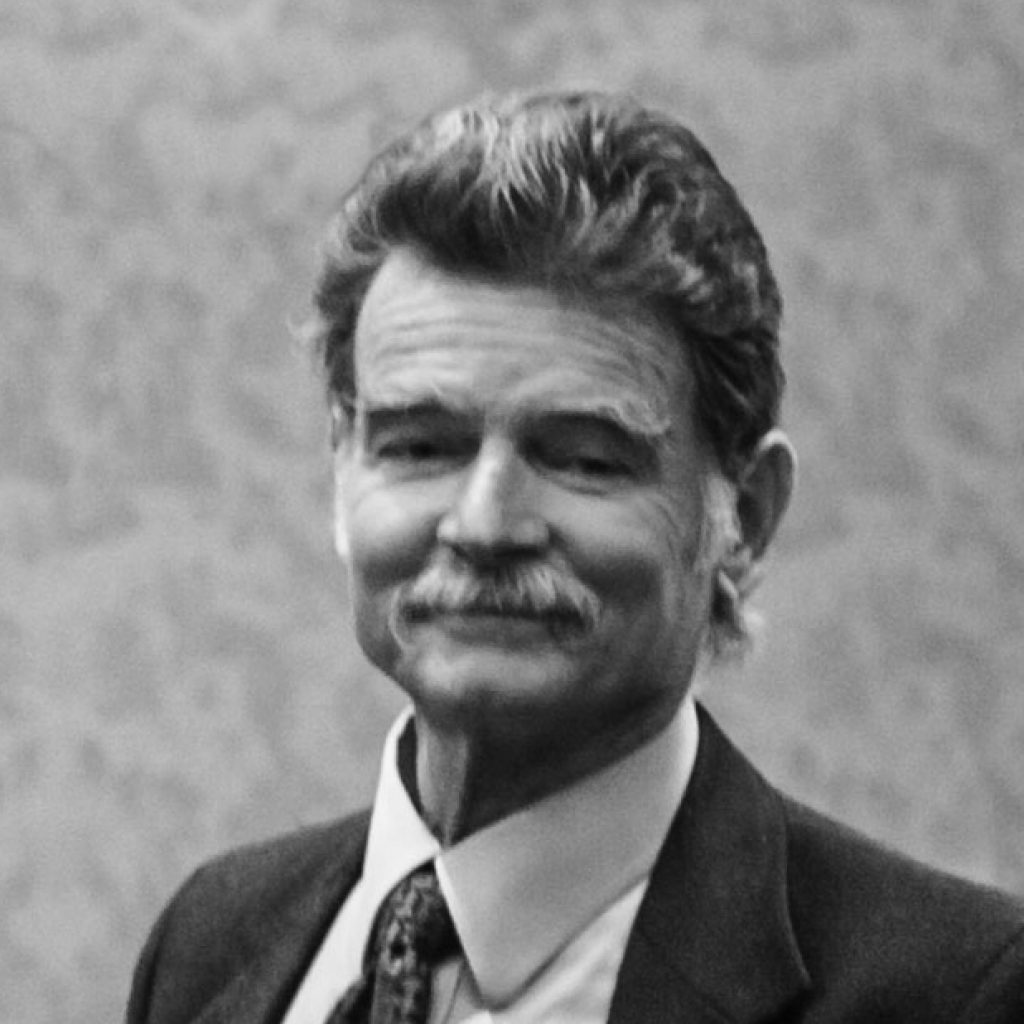DWITS #8 – Chapter 5, Loving My Husband Through His Anger
For many reasons, the divorce rate for a married couple who have had a child die is significantly higher than the norm (approximately 70% compared to 50% rate). Women and men grieve differently. Whereas I got into the action mode, my husband was stuck in the anger mode. This mid-chapter excerpt, below, from my recently published book, Death, Where is Thy Sting? Recovery from the Loss of Our Loved Ones and Preparation for Our Own Final Days, shares some of what we went through after our baby’s death.

Above, is my favorite photo of my late husband, Cary Neal McMinn, taken at my mother’s 80th birthday party, January 18, 2013. He was so adventurous, brilliant, fully engaged in family life, loving, outgoing, talkative, vigorous, and quite handsome! Oh, how I miss him still, seven and a half years after his unexpected death at age 62 on June 2, 2013, just six months after this photo was taken.
+++
(Chapter begins in book.)
Anger is the second stage of the five stages of the Kubler-Ross grief model[i]. Denial, anger, bargaining, depression, acceptance — also known as DABDA — are the stages identified. Though originally developed by Dr. Kubler-Ross while studying terminally ill patients, it has been used as a model for those who are grieving a severe loss as well. Professionals and layman alike generally agree — yet sometimes disagree — as to the length and even the sequential order of each stage in the model. One who is experiencing grief can get stuck in one particular stage for a long time. This stagnation becomes a challenge in recovering from their grief. My husband seemed to be stuck in the anger phase — and I needed to figure out how to help him move forward — or I would not recover either.
Much as my beloved husband hated modern Western medicine, I did finally convince him to go a couple months later to a local family practice for a thorough physical. This was a good first step, because on his own he took the initiative to speak with the doctor regarding his inability to move forward in life following Abby’s death. After reviewing our daughter’s autopsy report, the doctor reassured him that Abby had died from a one-in-a-million virus, which allowed pneumonia to set in, simultaneously leading to cardiac arrest from an enlarged heart (double the normal size for her age). The compromised heart and lungs — interdependent parts of the pulmonary system — could not support each other. Cary’s cold would not have been the culprit. The doctor (God love him!) suggested that my husband take me on a romantic trip away from our children, home, and daily life to become refreshed and rested from all the stress.
(Chapter continues in book.)
- [i] Gregory, Christina, PhD. “The Five Stages of Grief; An Examination of the Kubler-Ross Model”. Updated 4.11.19. PsyCom. https://www.psycom.net/depression.central.grief.html. (Retrieved 9.26.2019.)

